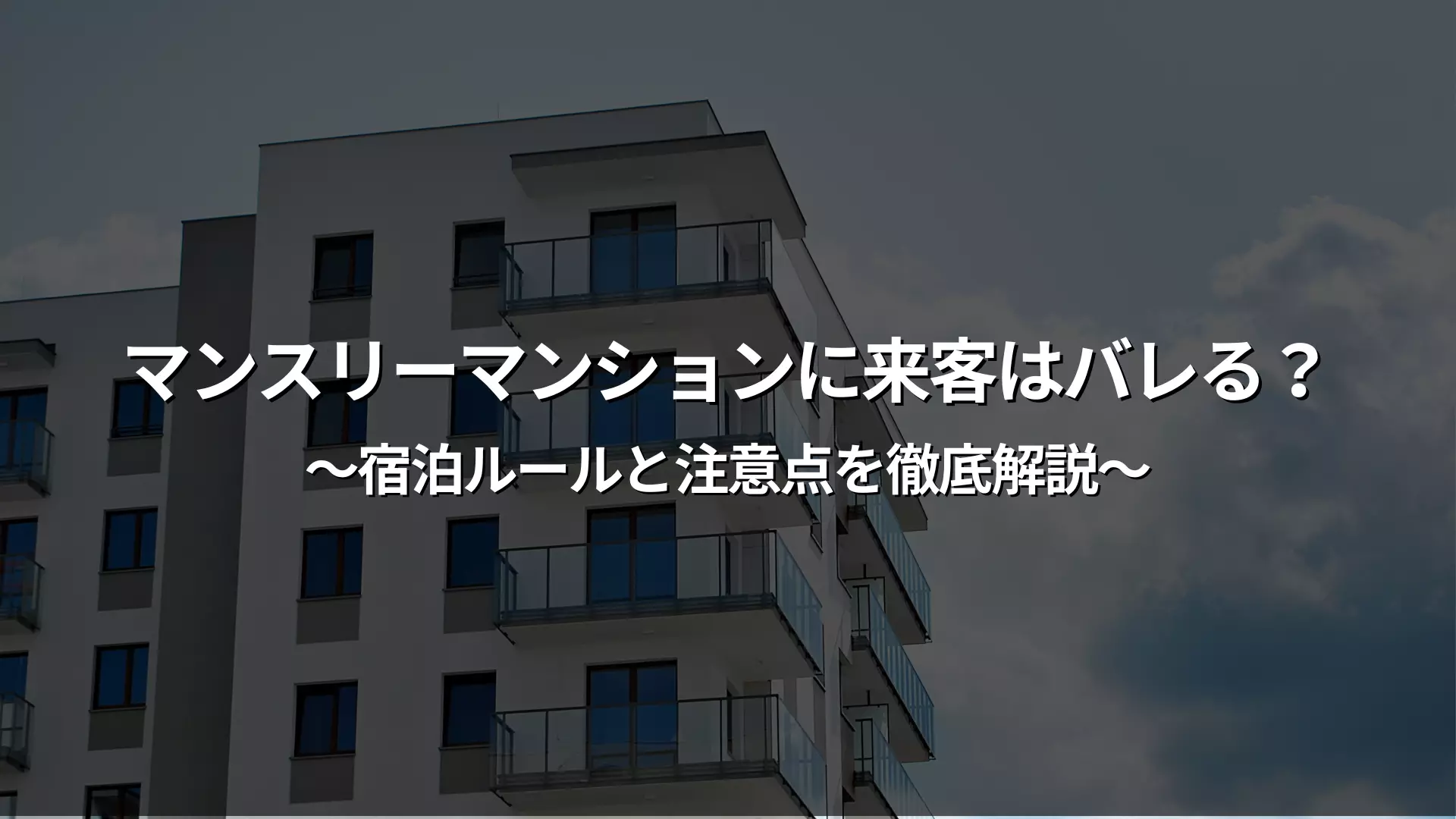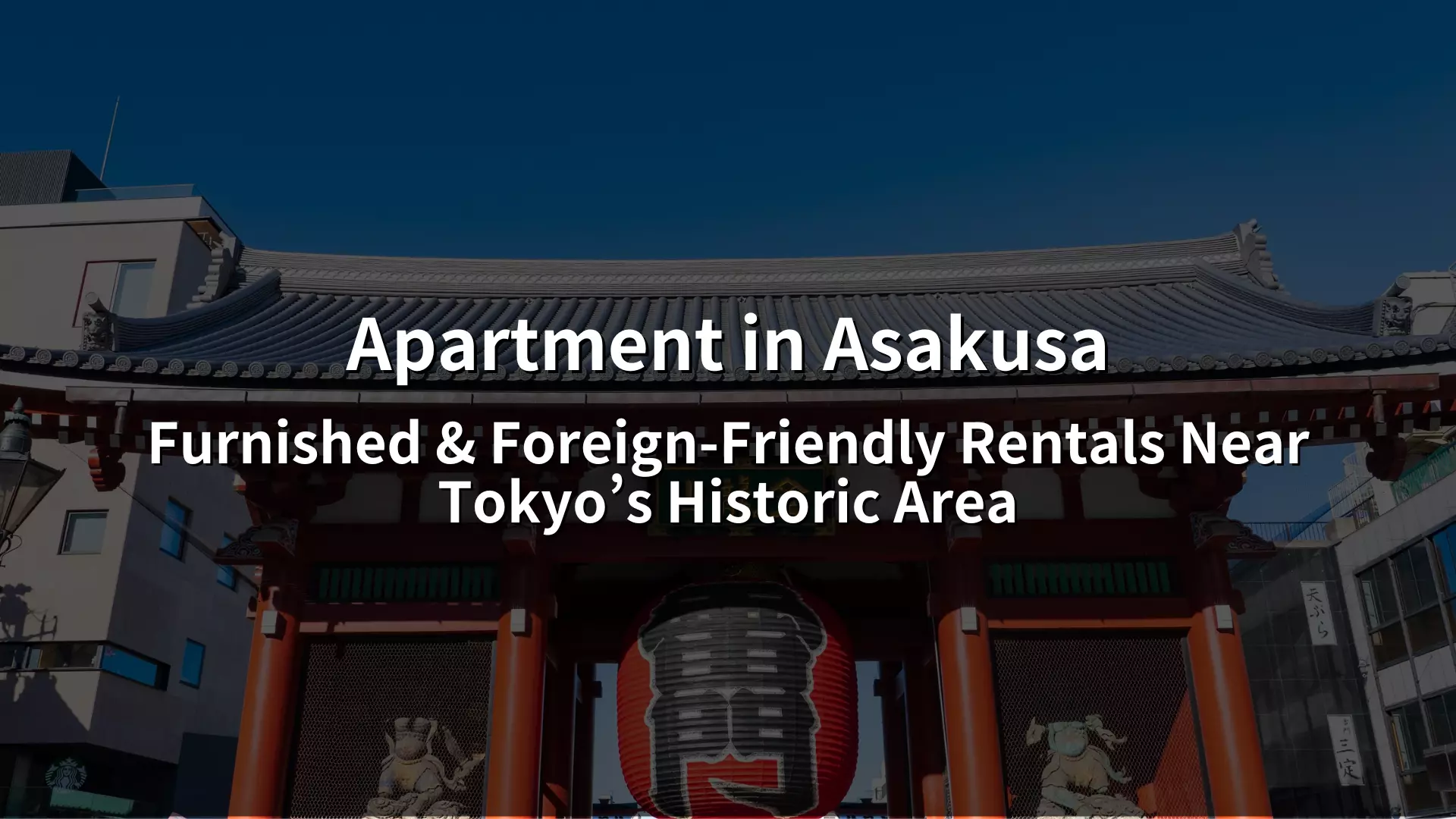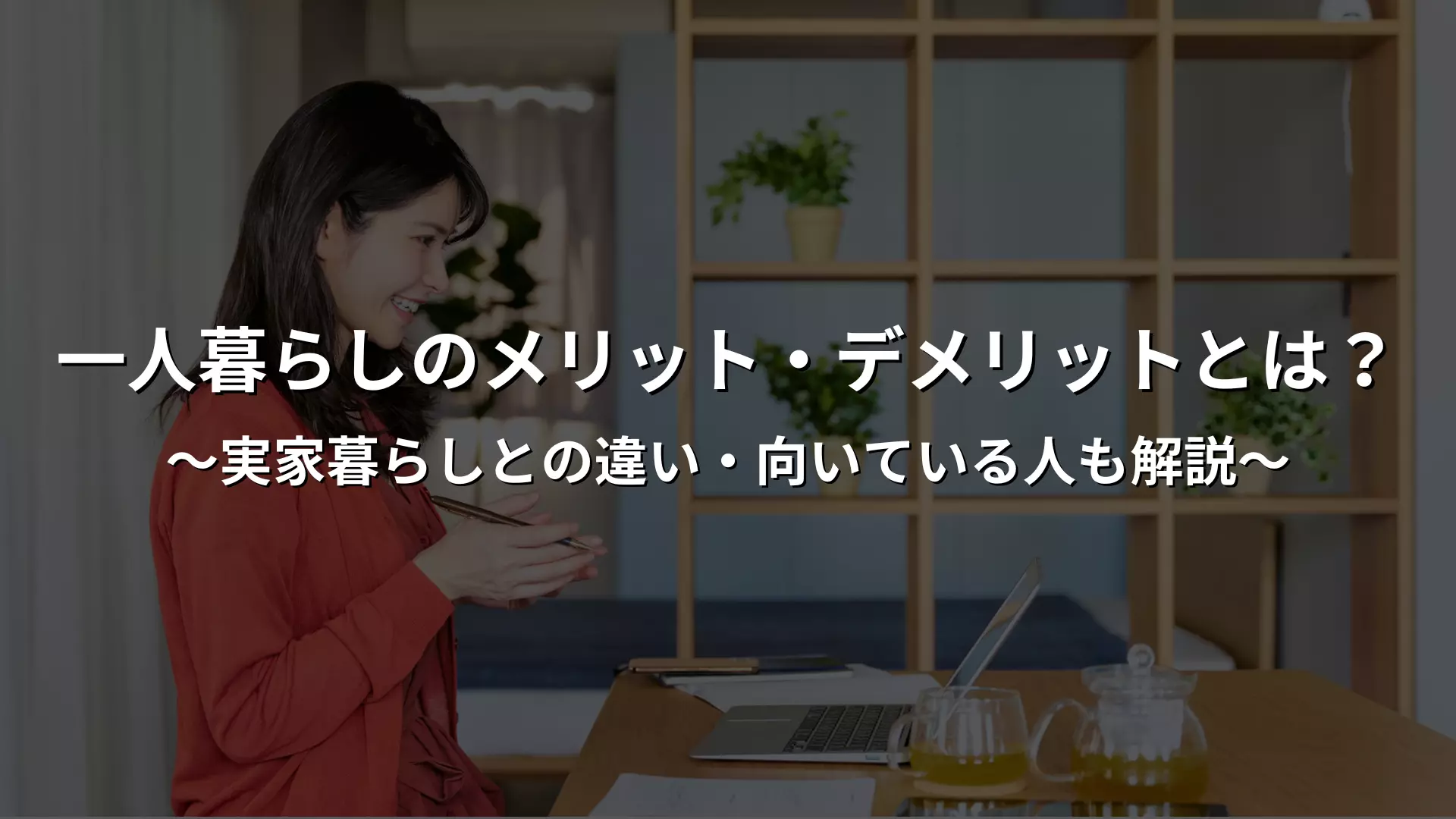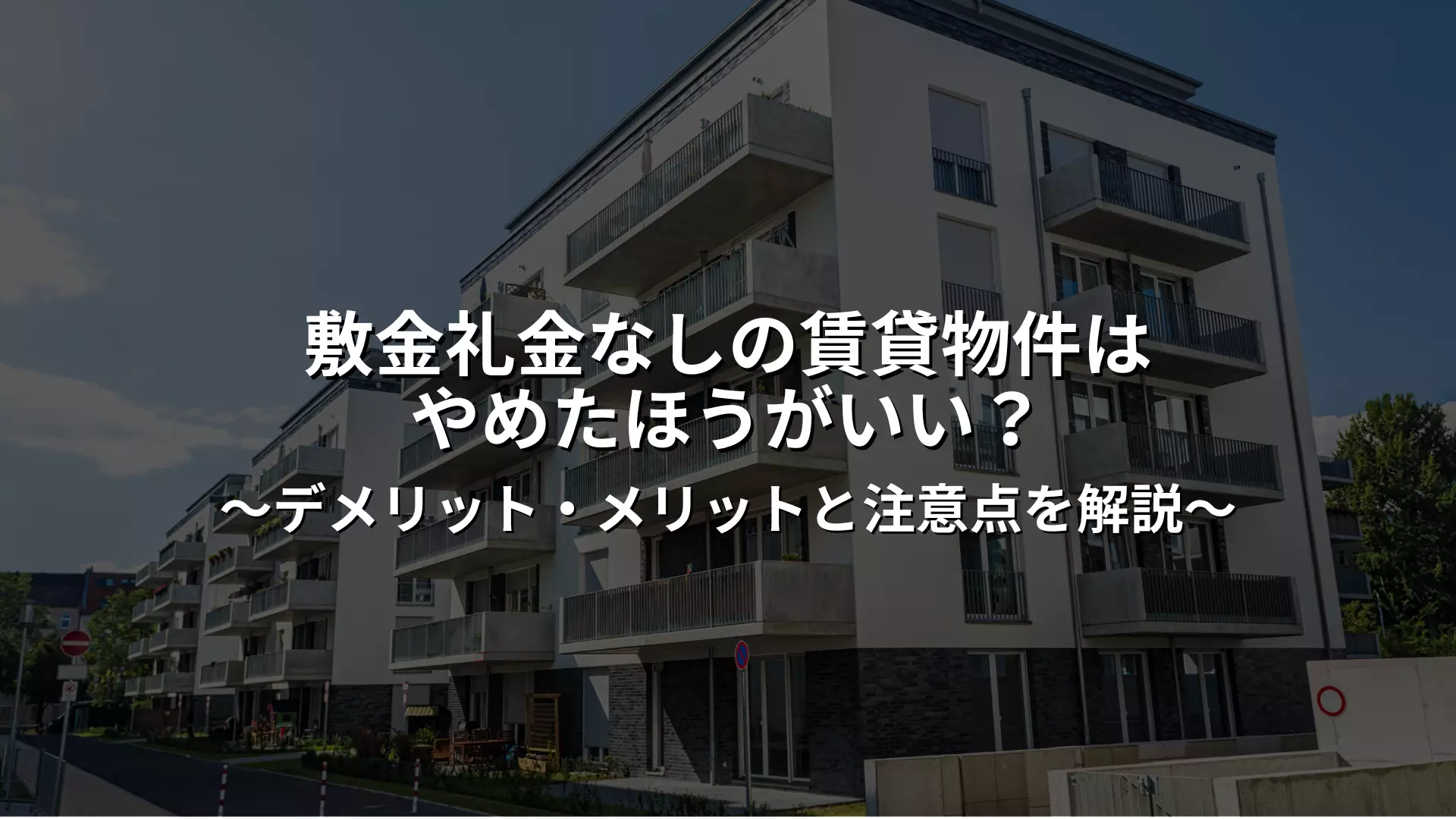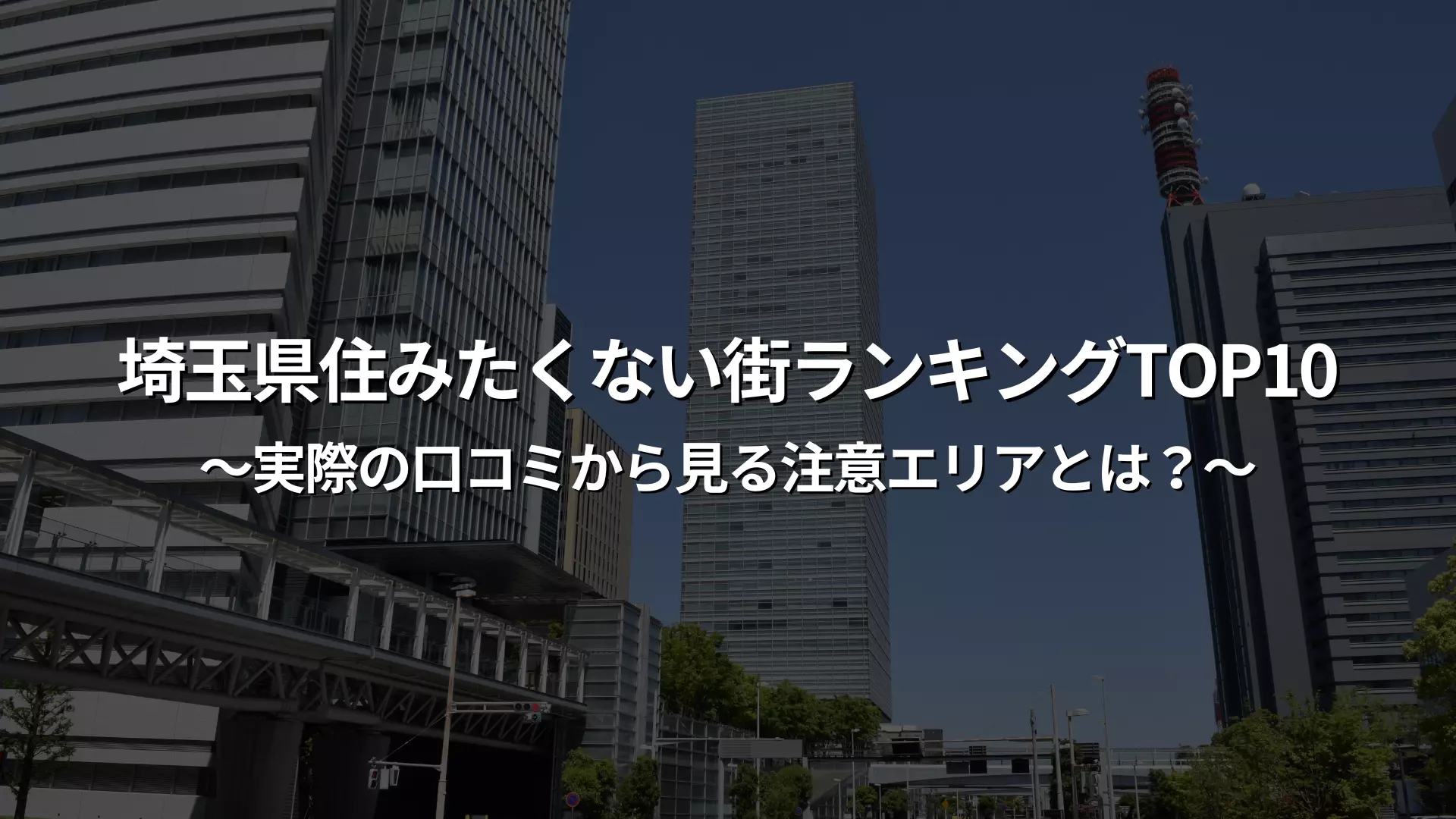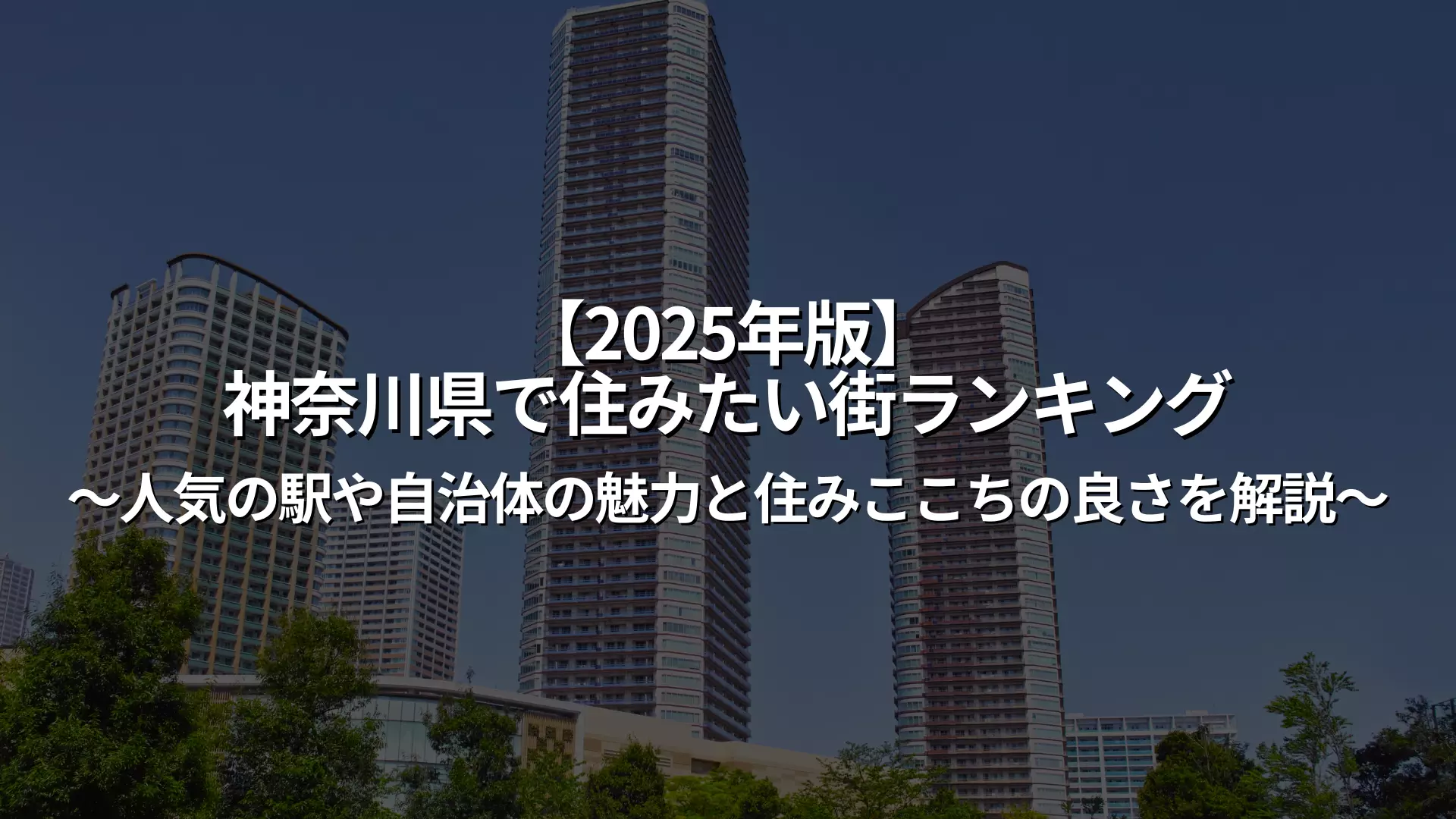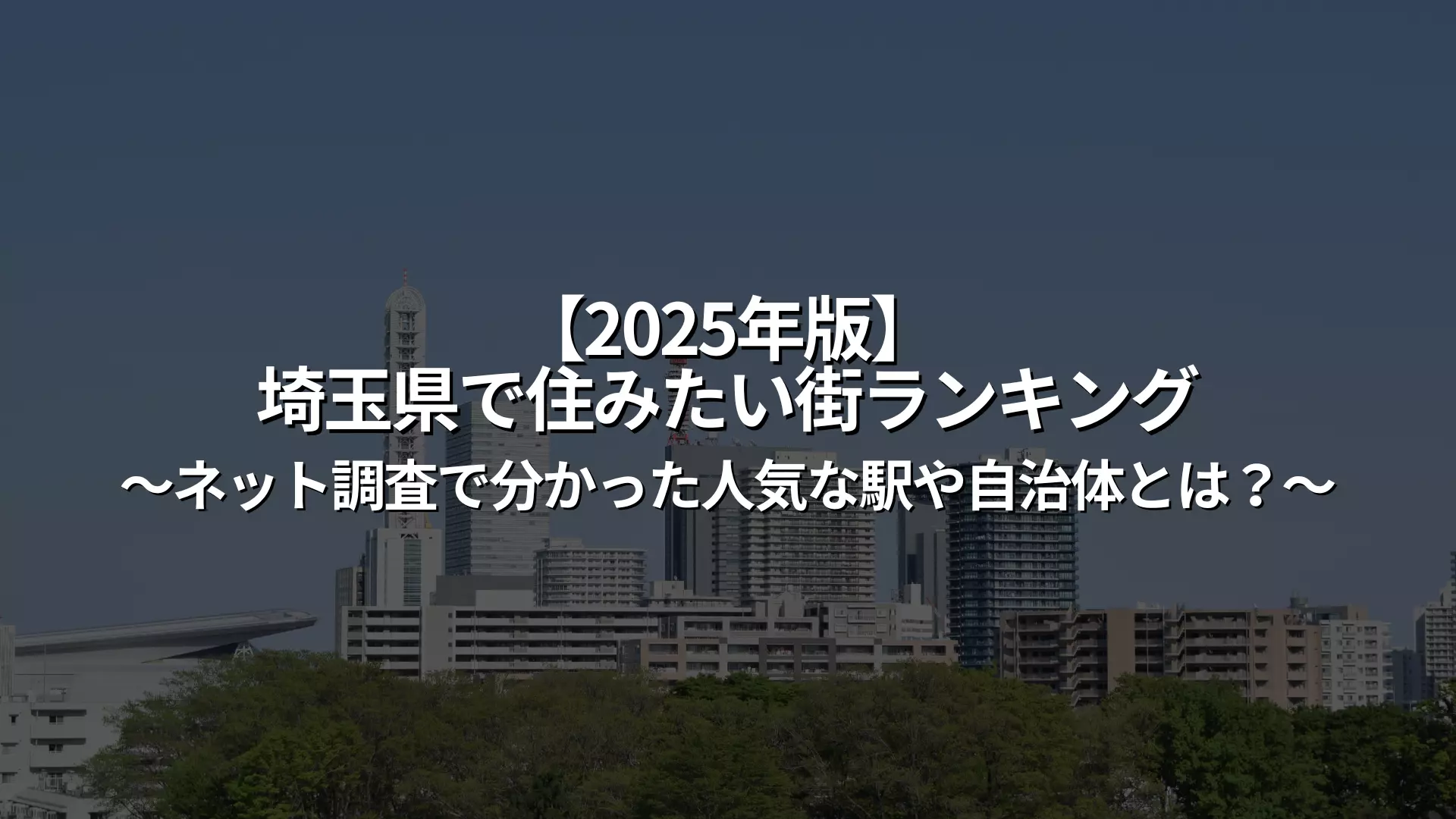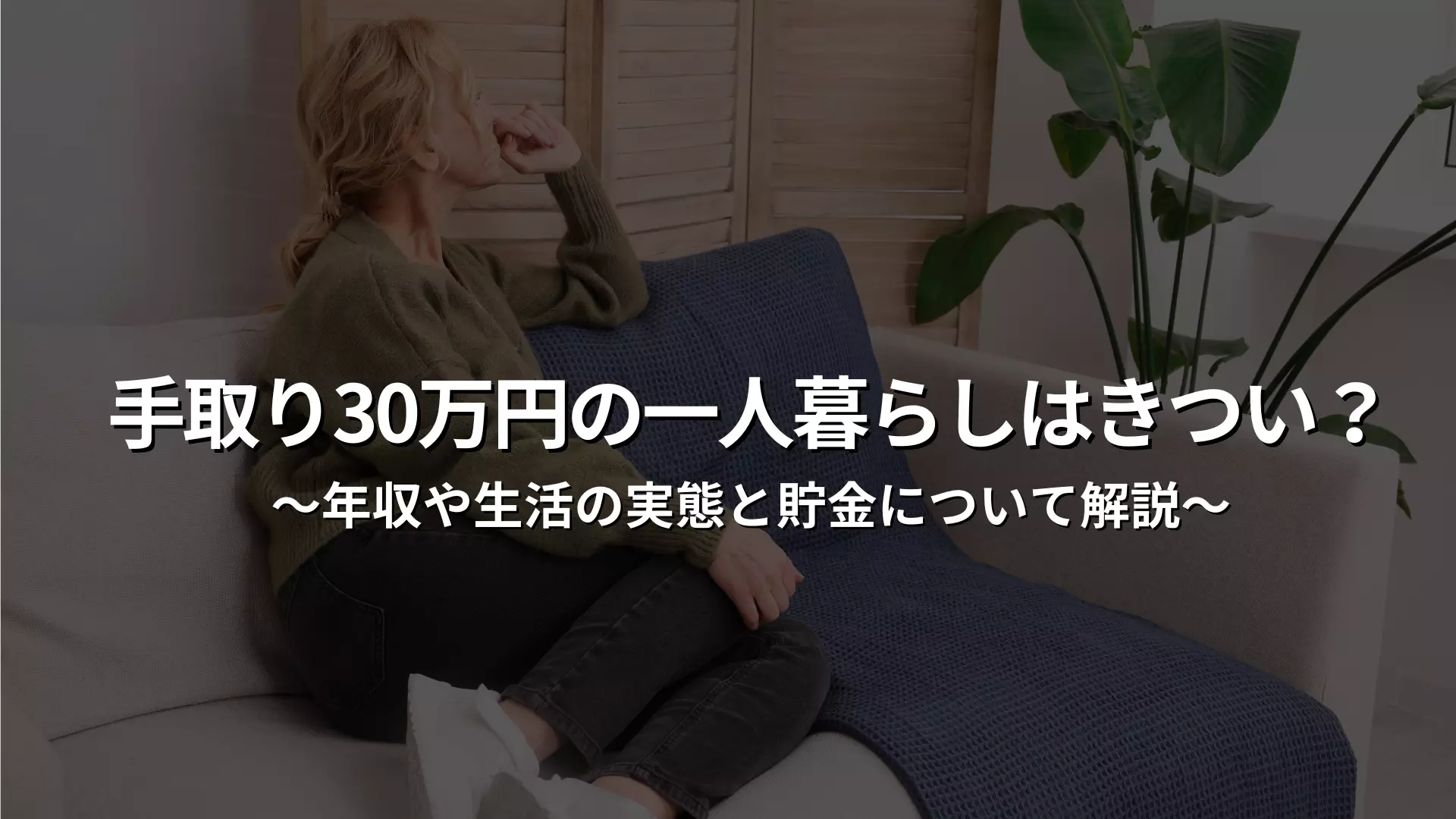As a general rule, staying overnight without permission is not allowed! Check the contract rules
While monthly apartments are convenient for short-term temporary housing, there are strict rules in the terms of use for tenants. In particular, "unauthorized staying overnight" is considered a breach of contract in many properties, and can lead to trouble and penalties.
Below, we will explain in detail the basics of accommodation rules in monthly apartments, the risks that can occur if you let someone stay without permission, and the specific penalties that may apply if you are found out. To ensure peace of mind, be sure to check the rules in advance and take appropriate action.
Monthly apartment contract types and accommodation rules
Monthly apartments are different from regular rental contracts and are often classified as "fixed-term leases" or "simple accommodation contracts," and the contracts contain detailed restrictions on use.
In most properties, as a general rule, it is prohibited for anyone other than the contract holder to stay overnight, and even family members, lovers, and friends are not allowed to stay overnight without prior application. This is to ensure safety in terms of crime and disaster prevention, and to prevent nuisance to other tenants.
Also, some properties have their own rules, such as "visitors are only allowed during the day" or "stays of more than an hour are prohibited," so it is important to carefully check the contract and terms of use. Before moving in, be sure to understand the rules regarding accommodation, and contact the management company if you have any questions.
What are the risks of letting someone stay at your place without permission?
If you stay in a monthly apartment without permission, you will be subject to various risks.
First, there is a high possibility that the property management company, cleaning staff, security cameras, etc. will find out, and if discovered, measures such as warnings, forced eviction, and penalty charges may be taken as a "violation of contract." In particular, in properties with strict security management, the presence of guests can be easily identified by checking room entry and exit records and video footage.
In many cases, this can lead to complaints and trouble from neighbors, damaging the credibility of the entire property. To avoid these risks, be sure to get permission in advance if you are planning to have overnight guests, and follow proper procedures.
Examples of penalties and fines when you are found out
If unauthorized staying is discovered, the monthly apartment management company may impose severe penalties.
Representative examples include:
- Penalty charges of several thousand yen to 10,000 yen per day
- Immediate evacuation order
- Non-renewal of contract etc.
Furthermore, depending on the number of guests and the duration of their stay, additional fees may be charged, and the contract holder may end up receiving a large bill. In the past, there have been reported cases of people being forced to leave their accommodation because security cameras showed a friend entering and leaving the accommodation, and people being charged a 50,000 yen penalty for staying overnight without permission for a week.
In order to avoid such penalties, it is important to always consult with the management company in advance and follow the appropriate procedures when considering having visitors or guests staying at your property.
Is it true that "visitors = you'll be found out"? How to find out and what to check
In monthly apartments, there are cases where people let people stay without permission, thinking that "it won't be discovered if it's just for a little while," but in reality there is a high probability of being found out. Properties in urban areas in particular have well-established security systems, with multiple checkpoints such as the manager, surveillance cameras, and the eyes of other residents. In addition, even minor changes such as the amount of luggage or trash, or the frequency of coming and going, can lead to discovery.
Here we will explain in detail typical patterns in which visitors or unauthorized overnight stays are "discovered," as well as actions that increase the risks.
Reports from surveillance cameras, managers, and other residents
Monthly apartments are always under the watchful eye of security cameras installed in the common areas and managers who are either on-site or on patrol. Therefore, if someone other than the occupant is frequently coming and going, it is easy for them to look suspicious and be reported. In particular, in properties where security is a priority, cameras are installed at the entrance and elevators, and most of them record who enters and leaves at what time.
It is not uncommon for other residents to become worried when they see an unfamiliar person coming and going frequently, and report the situation to the management company. With these third parties watching, it is practically difficult to let someone stay secretly, and there is always a risk of being discovered.
Cases where you are found out by bringing in luggage or taking out the trash
One of the things that can lead to the discovery of visitors or unauthorized overnight stays is an increase in luggage and trash.
If you continually find shopping bags or suitcases with amounts that are different from normal, or garbage bags for multiple people, it can lead to suspicions that someone else is living with you. In particular, in apartment complexes with strict rules for separating garbage, the manager or cleaning staff may become suspicious if you throw it away in a way that does not follow the rules.
In addition, changes in your lifestyle, such as the amount of laundry you do, the way you hang it out, how you use your mailbox, etc., can also make people suspicious. Even actions that may seem trivial at first glance can provide a lot of information to those around you in your daily life, and there are more "elements that can give away your identity" than you might think.
"Once is okay" is dangerous! Risk varies depending on frequency and time of day
Being careless and thinking, "It's okay if it's just once" or "It's okay if it's a short stay" can lead to unexpected trouble. In particular, comings and goings at times that are different from the normal rhythm of life, such as late at night or early in the morning, are easy to notice and are more likely to be recorded on security cameras or by the manager.
Even if a single stay is not a problem, if it continues several times a week, it will clearly be considered "living together" and you may receive a warning from the management company. Furthermore, the first warning will not be enough; repeated stays may lead to forced eviction or a penalty. The risk varies greatly depending on the frequency and time of day, so even if you intend to do it "only once," you should act with caution.
Search for a room
Only furnished properties with appliances are listed!
Is a temporary visit OK? Understand the difference between a temporary visit and an overnight stay
In monthly apartments, as a rule, the addition of additional guests is restricted by contract, but some properties are flexible when it comes to "temporary visitors." However, the line between visitors and overnight stays can easily become blurred, and there are many cases where contracts are violated without the tenant realizing it.
So it is important to understand the criteria for "what counts as a visitor and what counts as lodging." Here, we will explain in detail the range of visitors permitted in monthly apartments, cases where advance application is required, and the clear line between visitors and lodging.
The range of visitors possible in a monthly apartment
Many monthly apartments may allow "short-term visitors" who are not tenants.
for example,
- Stay for about 1-2 hours during the day and drink tea
- Deliver your luggage
- Have a light meeting, etc.
In most cases, this type of use is treated as a visitor and is not a problem. However, any behavior that may disturb other residents due to visitors coming and going (loud conversations, long periods of use of common areas, etc.) is prohibited, and there may be cases where there are restrictions on the time of day. Basically, if the visit is "for a short time during the day," "does not involve an overnight stay," and "does not affect part of your daily life," you can consider it to be permitted within the rules.
In some cases, prior application is required for permission.
Some monthly apartments allow friends or family to stay if you apply to the management company in advance. This is generally limited to properties that have a clause in the contract that allows temporary stays with prior approval.
When applying, you will need to submit the name of the guest, their relationship to the property, the number of days they plan to stay, and other information, and the management company will make a decision. This is because it is necessary to know the guest's information from the perspective of crime prevention and emergency response. Even if permission is granted, there are often restrictions on the period and number of times, and penalties may be imposed if you break the rules.
It may be possible to stay there if you go through official channels, so it is important to first check the contract details and the operating company.
Where is the line between temporary stay and overnight stay?
It is very important to clearly understand the difference between "temporary stay" and "lodging" when it comes to monthly apartments.
Generally, a stay between the hours of 10pm and 6am is often considered an "overnight stay," and even if you are not sleeping there, if you stay for long periods of time continuously, there is a risk that you will be deemed to be effectively living together.
Also, if you bring in luggage, a change of clothes, or use the shower, you may be considered to be going beyond the scope of a visitor. The criteria for such judgments vary slightly depending on the property, so in reality, the line is often unclear.
In order to avoid any trouble, it is important to follow rules such as "only returning home on the same day," "avoiding late night hours," and "not sharing any part of your daily life."
Measures and etiquette to avoid trouble with visitors and guests
In a monthly apartment, manners when you have guests or stay over are important to ensure that you have a comfortable stay without causing any trouble with other residents. Even if you follow the rules, noise, behavior in the common areas, entering and leaving at the right time, etc. can lead to complaints or contract violations. Even if you are allowed to have guests or stay over temporarily, it is essential that you take care not to cause discomfort to others in your daily life.
In this chapter, we will explain in detail the key points you need to keep in mind to avoid trouble, such as noise control, trash disposal etiquette, behavior in common areas, and coordinating visit frequency and times.
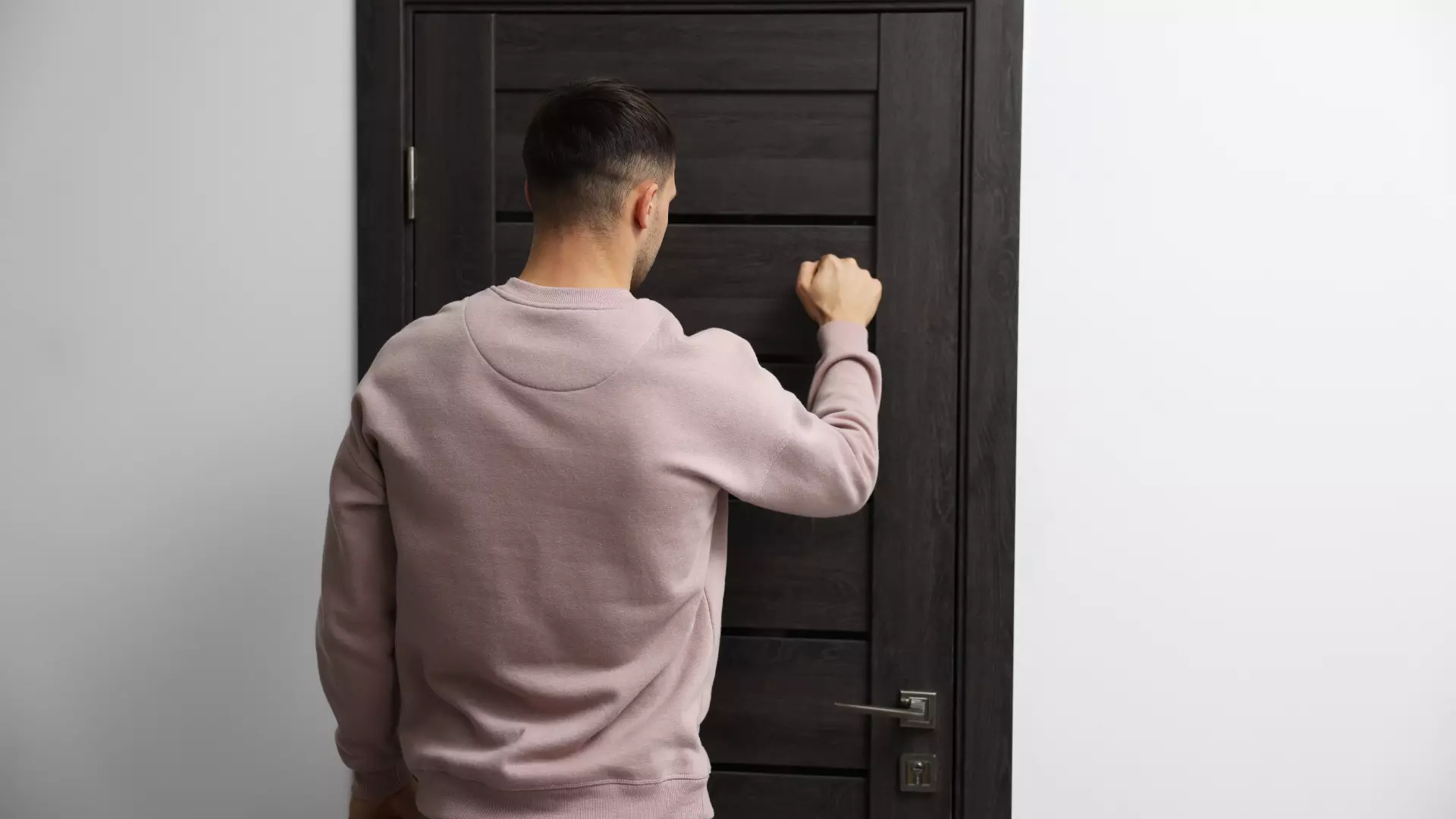
Be mindful of noise, garbage disposal and other everyday sounds
The most common problem in monthly apartments is noise. When you get excited talking with guests, you may unconsciously start speaking louder or turn up the volume of the TV or music higher than normal, which can be a nuisance to the people living in the next room or on the floor above or below.
Additionally, noises such as showers, hair dryers, and footsteps late at night can also be reported as noise. Furthermore, if the amount of garbage increases due to visitors, the frequency and timing of garbage disposals will become more noticeable, and unauthorized lodging may be suspected, so caution is required. By thoroughly following basic manners such as laying down soundproof mats, staying quiet late at night, and strictly following the rules and separating garbage, trouble can be prevented before it occurs.
Be considerate when using shared spaces
Monthly apartments have shared spaces that all residents use, such as the entrance, elevators, hallways, and trash areas.
When receiving guests, standing in these areas for long periods of time while talking or spreading out your belongings and blocking passage will be a huge nuisance to other residents.
You also need to be careful about how you use shared mailboxes and delivery boxes, as using them with multiple people can lead to mistakes and confusion when receiving someone else's packages. Common areas should be comfortable for all residents. If you have a visitor, it is important to behave with discretion, such as guiding them to your room promptly and refraining from conversations in shared spaces.
Efforts to control visit frequency and time
If the frequency of visitors or the length of their stay is excessive, the management company and other residents may consider you to be "effectively living together," which could cause problems.
for example,
- If the same person comes and goes every day, you may be treated as a suspicious person or suspected of violating the contract.
- Visits in the early morning or late at night are not only conspicuous but also pose a high noise risk and are often seen as disrupting the living environment.
For this reason, it is a good idea to decide on some rules in advance, such as limiting visits to once or twice a week and during daytime hours (9am to 9pm). It is also effective to avoid inviting multiple people at once, and instead spend time quietly with a small number of people. The key to living safely in the long term is to enjoy visits while also remembering to be considerate of those around you.
Search for a room
Only furnished properties with appliances are listed!
How to find properties that allow visitors and what to check
If you are planning on having visitors or overnight stays at your monthly apartment, it is important to check carefully from the property selection stage. In fact, not all properties allow visitors, and many have their own rules such as "no overnight stays" or "applications required."
To avoid trouble, it is essential to check the contract contents in advance and look for a property that clearly states the conditions for allowing visitors. Furthermore, by considering flexible plans for cohabitation or staying with friends, or short-term rental properties with furniture and appliances, you can greatly increase the freedom of your life.
Below we will explain in detail the points you should pay attention to when searching for a property.
Read the contract and the management company's rules carefully
Whether or not you can have visitors or overnight stays is usually clearly stated in your contract or the property's terms and conditions.
for example
- "No lodging for anyone other than contract holders"
- "Visits are allowed for up to one hour."
- "Prior approval is required for accommodation" etc.
As you can see, the rules differ for each property. Therefore, be sure to read the contract and explanatory materials carefully before deciding to move in, and be sure to check with the management company if there are any unclear points.
In addition, it is a good idea to keep a record of any inquiries you make by phone or email as much as possible to avoid any future problems. Especially with short-term contracts, there is a risk that any violation of the rules will lead to immediate contract termination, so initial confirmation work is extremely important.
Choose a property with the "Visitors Allowed" option
Recently, there has been an increase in monthly apartments that can flexibly accommodate visitors and temporary lodging. Some properties come with pre-set options such as "visitors allowed" and "lodging applications accepted." These are designed for use by people other than the contract holder, so you can welcome friends and family with peace of mind.
These types of properties are often listed in the "Property Information" or "Frequently Asked Questions" sections of official websites and portal sites, so try searching by keyword or narrowing down your search criteria.
Also, properties that have phrases such as "accommodates two people" or "couples welcome" tend to be tolerant of visitors, so it's something you should check.
Are there any plans that are designed for use with cohabiting partners or friends?
Some monthly apartments offer plans that are premised on "cohabitation" or "room sharing." These are designed to allow for multiple people to stay from the start, taking into consideration the contract for two people and additional costs, which saves the trouble of having to apply to the management company every time a guest comes, allowing for a more flexible lifestyle. Demand is particularly high from couples on long-term business trips or for trying out cohabitation, and flexible plans that meet this need are on the rise in urban areas.
In addition, the contract period can often be set in monthly increments, so it is also possible to accommodate cases where you only want to use the service for the period you will be living together. We recommend that you check the detailed terms and conditions on the official website or by contacting the operating company directly.
Rental properties with furniture and appliances available for as little as one month
If you are expecting to have guests or live together temporarily, you can expand your options by considering not only monthly apartments but also "rentals with furniture and appliances that can be moved in for as little as one month." These properties do not require a deposit or key money and the contract procedures are simple, making them ideal for short-term use or as a trial of cohabitation. Since furniture and appliances are provided from the start, you can move in lightly and start living there by simply bringing bedding and tableware for guests.
Furthermore, some flexible contracts allow for multiple people to use the property, and some do not require a visitor application, giving you more freedom than a monthly apartment. Many of these properties are available under brands such as Cross House and Tokyo Beta, so it is a good idea to compare property information beforehand to make your selection.
FAQ
When renting a monthly apartment, many people have questions such as "What is the limit regarding visitors and overnight stays?" and "What happens if I break the rules?" In reality, the detailed rules vary depending on the contract and the management company's policies, and misunderstandings or self-judgment can lead to unexpected trouble.
Here we will explain in easy-to-understand terms some common questions about visitors and guests and provide answers to them.
Will it definitely be discovered if a guest stays overnight?
Although it is not guaranteed that you will be found out, it is dangerous to be complacent and think, "It's okay if I'm only staying one night." Many monthly apartments have surveillance cameras installed in the common areas, which keep a record of who comes and goes.
Also, other residents, cleaning staff, and managers may notice your presence. Furthermore, changes in the way you live, such as an increase in trash or changes in laundry, can also be a trigger for discovery. The issue is not whether you will be found out, but whether you have violated the contract, so if you are planning to stay overnight, it is wise to consult with the management company in advance.
Who should I contact to get permission to stay?
If you would like to obtain permission to stay overnight, contact the "operating company" or "property management company" designated at the time of signing the contract. Many monthly apartments have written rules regarding lodging, and if the property has a permission system, you may be required to submit an application or confirmation form.
The procedure can be carried out by phone, email, or in some cases via a support chat for tenants. If your application is approved, you may be able to stay without any problems, so it is important to check in advance.
Once you get caught, will you be forced to leave?
A guest staying overnight without permission just once will not necessarily be forced to leave, but it is possible depending on the contents of the contract and the management company's judgment. If it is the first time, it will usually be a verbal or written warning, but multiple violations may lead to a penalty charge or immediate contract termination.
In particular, properties with a high level of security awareness tend to deal with crimes more strictly in order to prevent any trouble. Even minor violations are considered "violations of contract," so it is best to be honest and apply in advance.
How can I check whether visitors are allowed when signing a contract?
The first step to finding out whether or not you can have visitors or overnight stays is to carefully read the contract and important information sheet. Check whether the property's terms of use include provisions regarding "entry by persons other than contract holders" or "overnight stays."
Also, if you have any questions or are unsure about something, it is best to contact the management company or real estate agent directly. You can avoid trouble by asking in advance about small rules such as "How many hours are visitors allowed?" and "What is the definition of lodging?". Checking before signing a contract is an important step to ensure you can live in peace of mind.
Search for a room
Only furnished properties with appliances are listed!
summary
There are clear rules and restrictions regarding visitors and overnight stays in monthly apartments, and having someone stay over without permission is generally a breach of contract. Even if your visit is temporary, there is a high risk of being discovered depending on the time of day and your actions, which could result in trouble or penalties.
To use the property with peace of mind, it is important to carefully check the contract details and understand the conditions for allowing visitors. If you plan to have visitors or live together with your partner, it is effective to choose a property that allows visitors, includes furniture and appliances, and has a flexible contract plan. Prevent problems before they occur and enjoy a comfortable monthly living experience.

